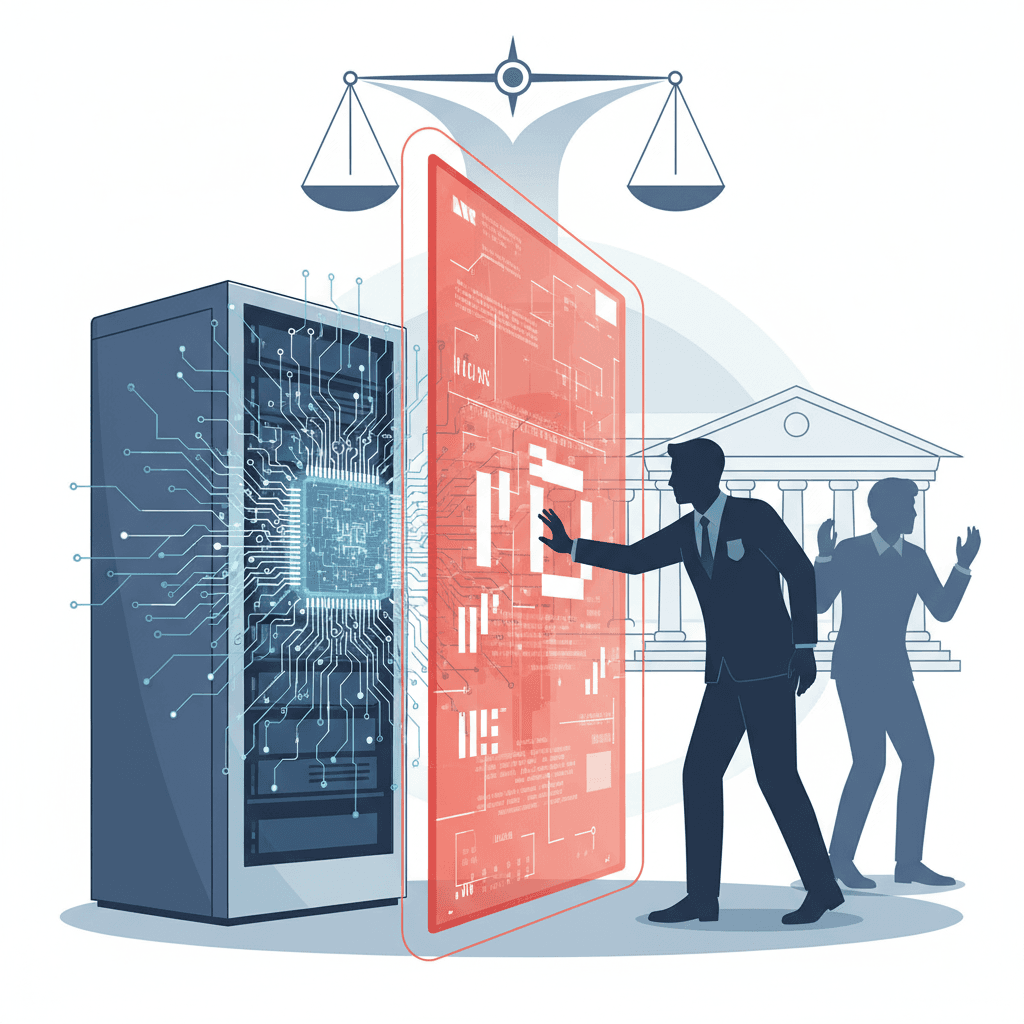Anthropic's surveillance ban sparks major US government AI policy showdown.
AI ethics clash: Anthropic's ban on domestic surveillance frustrates the Trump administration, questioning tech's role in law enforcement.
September 17, 2025

A decision by the artificial intelligence firm Anthropic to prohibit the use of its Claude AI models for domestic surveillance has ignited a significant policy battle in Washington, creating friction with the Trump administration and raising fundamental questions about the role of technology companies in national security.[1][2] The company, known for its focus on AI safety, has stood by its usage policy, which explicitly bans domestic surveillance applications, leading to the rejection of requests from federal contractors working with law enforcement agencies. This stance has been met with frustration from White House officials, who view the move as an impediment to law enforcement operations and an unwelcome moral judgment on their duties.[3][2]
At the heart of the conflict is Anthropic's refusal to carve out exceptions for federal agencies like the FBI, Secret Service, and Immigration and Customs Enforcement (ICE), all of which engage in surveillance activities as part of their mandates.[2] The company’s policy does not specifically define "domestic surveillance," a vagueness that administration officials claim allows for broad and politically motivated interpretations.[2] This has created practical headaches for government contractors, particularly as Anthropic's Claude models are, in some cases, the only top-tier AI systems cleared for top-secret security situations through platforms like Amazon Web Services GovCloud.[2] The tension is amplified by the fact that Anthropic has otherwise been a willing partner to the U.S. government, even striking a deal to offer its services to federal agencies for a nominal $1 fee and working with the Department of Defense on non-weapons related projects.[3][2]
The Trump administration has championed American AI companies as patriotic partners in the global technology race, expecting their cooperation in return for that support.[2] From the administration's perspective, Anthropic's refusal to allow its technology for certain law enforcement tasks is seen as the company selectively enforcing its policies and undermining national security efforts. Officials have voiced concerns that the AI firm is making a moral judgment on the work of federal agents.[2] This clash highlights a broader philosophical divide between the AI safety movement, which counts Anthropic as a key ally, and a more aggressive, fast-paced approach to AI development and deployment favored by the administration.[2] The government's official posture remains cautious and security-focused, with a General Services Administration spokesperson emphasizing the need to protect sensitive information while leveraging AI for efficiencies.[1]
Anthropic’s policy, which was recently updated to provide greater clarity, maintains strict restrictions on surveillance, tracking, profiling, and biometric monitoring.[4] While the company’s help center documentation notes that it may enter into contracts with government customers that tailor use restrictions, it explicitly states that the prohibition on domestic surveillance remains.[5] This contrasts with the policies of some rivals; OpenAI, for instance, prohibits "unauthorized monitoring of individuals," which seems to imply that legally sanctioned surveillance by law enforcement could be permissible.[2] Anthropic's firm line underscores a growing debate within the technology sector about where to draw ethical lines, a dilemma reminiscent of past clashes where activist employees pressed major tech firms to avoid involvement in the defense industry.[2]
The dispute unfolds as Anthropic actively engages with Washington on multiple fronts, with CEO Dario Amodei and other executives meeting with lawmakers to advocate for federal policies on AI, including export controls and rules addressing job automation.[6] Amodei has publicly stated that "America's AI leadership requires that our government institutions have access to the most capable, secure AI tools available," a sentiment now seemingly at odds with his company's restrictive policies.[1] The company has also taken a strong stance against its technology being used by adversarial nations, recently blocking Chinese-controlled entities from accessing its services to prevent them from being leveraged for military and intelligence purposes.[7] This complex positioning—partnering with the U.S. government on national security while restricting its domestic use—illustrates the intricate balancing act AI companies must perform as their technologies become increasingly powerful and integrated into the fabric of governance and security.
Sources
[2]
[3]
[6]
[7]